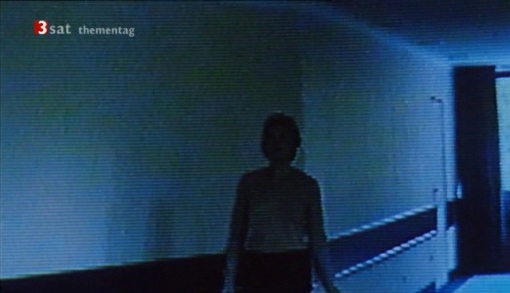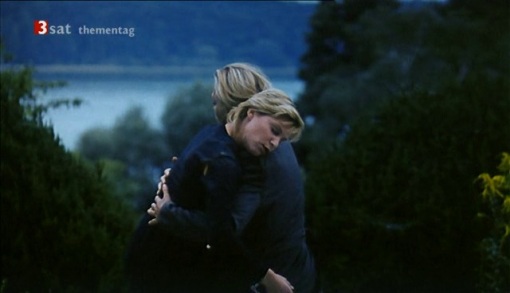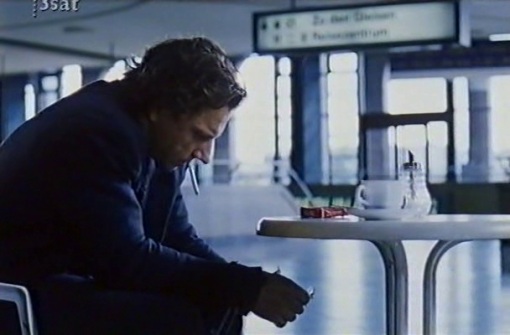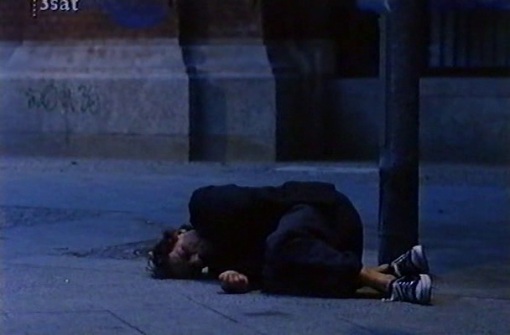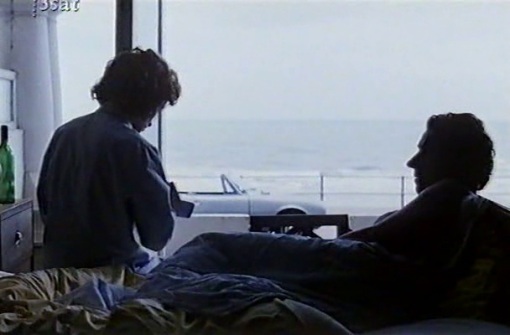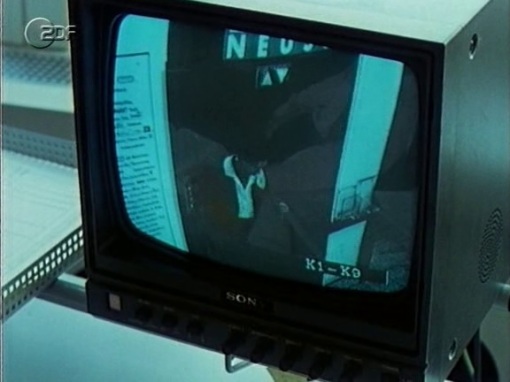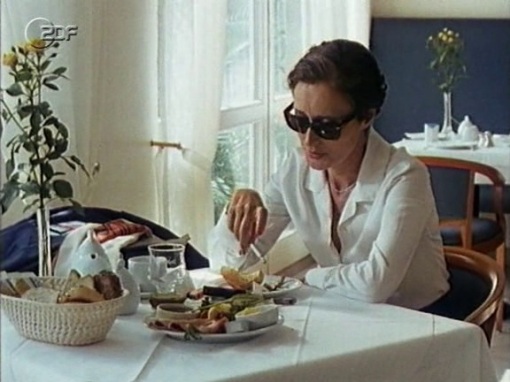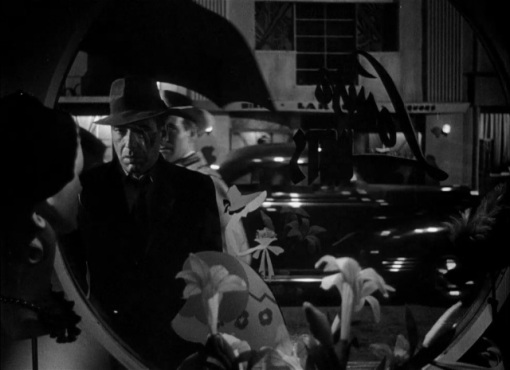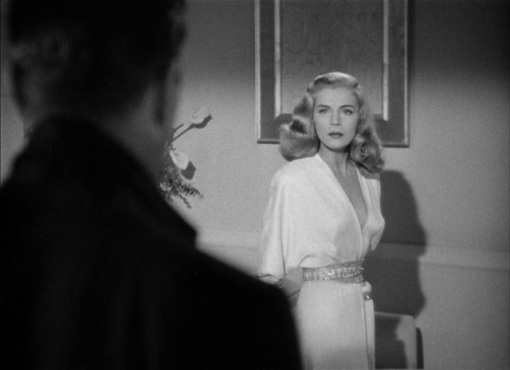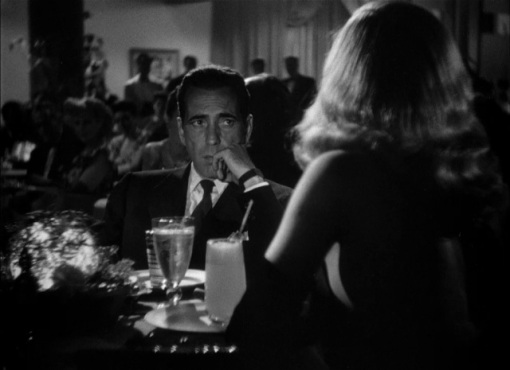Roughly ten years ago I sat down to watch The Marriage of Maria Braun. It was my first experience with Rainer Werner Fassbinder. I trust very little of myself from ten years ago, but I knew I appreciated the film on some level. If I had to guess, my 18-year-old cinephile self probably liked that Fassbinder used a Steadicam and I probably also thought that Hanna Schygulla was pretty. In a way, I wasn’t wrong, but I was hilariously underprepared to fully comprehend Fassbinder. As one of his biggest International hits, Maria Braun is a popular entry point but as such it often gets decontextualized from its own author. This was Fassbinder’s 19th film in ten years (one can juke these stats by including Fassbinder’s many television productions made during the timespan) and he had evolved substantial. While I resist the rigid way his “eras” are sometimes catalogued, there’s something to be said in the fact that this film managers to synthesize his admiration for his two heroes, Bertolt Brecht and Douglas Sirk.
Towards the end of the Second World War, Maria marries a soldier, Hermann Braun. Unfortunately, the war isn’t over, and the ceremony takes place amidst an allied bombing raid. Days later, Hermann is declared dead. With little to no economic prospects, Maria becomes a hostess at a bar popular with American soldiers. Hermann is actually alive, and he walks in on Maria entertaining one of her patrons, Bill. In the ensuing struggle, Bill is murdered by Maria but Hermann takes the blame with the expectation that Maria will wait for his release. She finds work as an assistant for the wealthy Karl Oswald, and then graduates to his mistress with the hope that she’ll be able to provide for both herself and Hermann upon his release.
In Fassbinder’s robust filmography, The Marriage of Maria Braun is second only to Ali: Fears Eat the Soul in terms of popularity. Personally, I have never fully clicked with Ali. It’s one of those films that I should like more than I actually do. I think it has something to do with the fact that it is by far Fassbinder’s most tender and gentle work. He is often described as cynical, if not mean-spirited, and that film feels like a conscious reaction towards such criticism. In a way, it’s just too precious. To me, Maria Braun strikes a better balance. Fassbinder’s humor is still intact, and the characters needn’t spiral down the rabbit hole of melodramatic misery. The most striking thing about Maria’s suffering is that it isn’t dramatically apparent. Her pain is much duller than the kind depicted in Ali. Punctuated by Schygulla’s charisma, it cuts deeper and burns slower.
The film’s opening immediately displays this sort of balance. One can find countless plot descriptions across the internet that say something along the lines of “Maria gets married amidst the war” but this is an extremely literal description. There’s a staccato brilliance to this opening, one that calls back to Fassbinder’s start as a filmmaker. The Berlin Film School deferred him in 1966, which forced him to reroute through Munich’s Action Theater. He became fascinated with Bertolt Brecht and incorporated his ideas into his stage plays. The earliest Fassbinder films reflect this fascination as well as the theatrical background. The compositions in his first feature film, Love is Colder than Death, are static long shots. We tend to see the entire bodies of his characters and they speak out of the rhythm. A dismissive audience would describe them “as not acting like real people.” For many, this is difficult, but to me it is an accessible source of humor. On the surface, Maria Braun is completely unlike this, “the characters act like real people.”
This is an incorrect assessment. In both instances, Fassbinder is challenging the conventional dramatic demand for empathy. In a way, his withholding of any “identification” is a tease. It retrains us. This works wonderfully for Maria because she never keeps up a moral standard. We don’t look up to her, or admire her, and we shouldn’t do those things in film. Sure, she preservers, but she also manipulates and is ill-tempered. She’s not “good” and she’s not “bad.” Fassbinder played with empathy throughout his career. It’s obvious in his earliest Brechtian features, but he’s also doing it in his melodramas, where both the performances and misfortunes are extended to absurdity. Again, the balance is perfected in Maria Braun, Brecht and Sirk are both present. As it is, the surface often resembles a handsome and accessible entry point into Fassbinder’s world. Revisiting Maria Braun after seeing his stranger and thornier efforts is nourishing because of its similarities to those films, not the differences.







